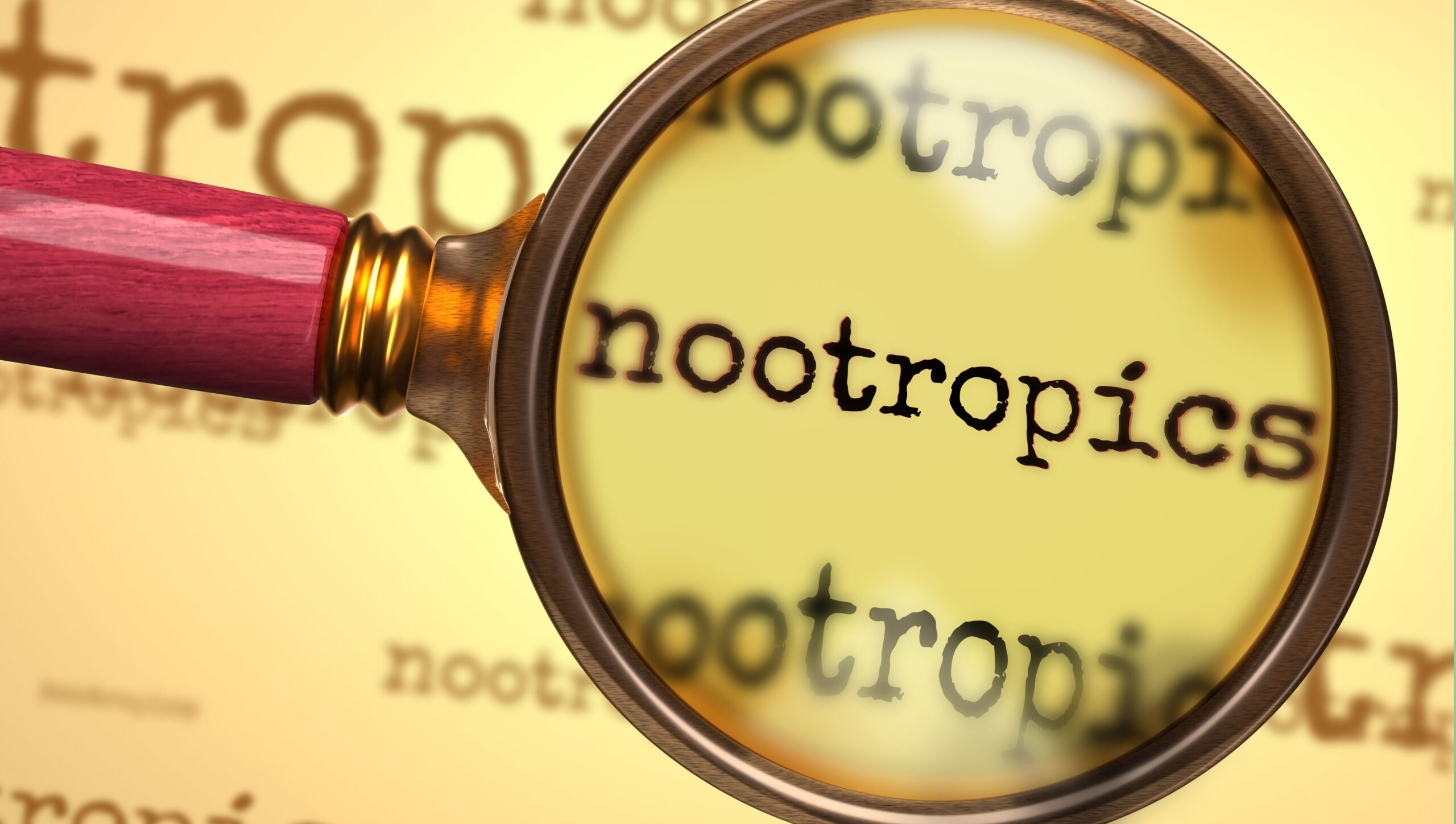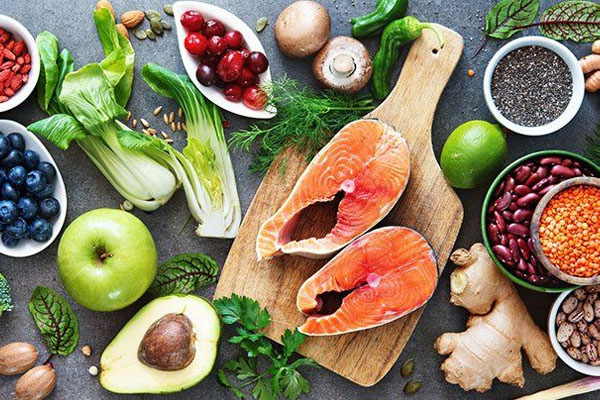Brain cell degenerators
Foods packaged in aluminum, foods with chemical additives, saturated and hydrogenated oils, statin medications, calcium supplements, painkillers (NSAIDs), fluoride, wheat, cow’s milk, MSG, artificial sweeteners, low-fat diets, pesticides, airplanes, cell phones, proton pump inhibitors, heavy metals in teeth fillings, unclean water, chemical hair dyes, tobacco, certain recreational and prescription medications, head injuries.
Brain Cell Generators
- Exercise/movement
- Stress Management
- Sleep, rest and relaxation
- Water, hydration
- Optimistic Thinking/Positive Attitude
- Loving touch
- Aromatherapy
- Music (listening to) especially Mozart
- Light and Color Therapies
- Learning a new language
- Meditation including guided meditation such as Yoga Nidra, Concentration
- Specific brain exercises incl. brain teasers, riddles, puzzles, sudoku, board and card games
- Learning to play a musical instrument
- Nutraceuticals and Pharmaceuticals (see below)
- Herbs
- Visualizations
- Grounding practices/Walking barefoot
- Dragon’s Den Anti-inflammatory Spice Mix
- Qigong/Ta’i ji quan, Yoga asana practice, Dancing
The following is a list of natural medicines for brain longevity with general dosages.
These dosages may not be appropriate for all people. We all have different nutritional needs and constitutions. Please check with your doctor or healthcare provider before adding medications and/or nutritional supplements. Also, please research any food, drug, or supplement you are taking.
Nootropics enhance emotional and mental well-being, promote cerebral circulation, enhance memory, slow or prevent age-related cognitive decline, such as Alzheimer’s disease, reduce oxidative or ischemic damage to the brain, and improve mood.
Herbal Cerebral stimulants – Herbal Nootropics
Asian Ginseng – improves concentration, alertness and regulates blood sugar levels, helps balance hormones, and enhances brain function.
Siberian Ginseng, Chinese red or white Ginseng, or American Ginseng, alone or in combination. Siberian Ginseng, eleuthero, appears to work well for everyone.
Brahmi (Bacopa) – Brain tonic that promotes memory and mental alertness, increases intellectual and cognitive functioning, calms and relieves stress (nervine), relieves anxiety, used to control ADHD. Memory enhancement, promotes restful sleep, antioxidant, anti-inflammatory and a cardio tonic.
Gotu kola – nervine, increases memory, relieves stress, anxiety and mental fatigue, reduces irritability
Ashwangandha – improves memory, enhances brain function
Gynostemma (Jiao gu lan) – nutrient-rich, calms the nerves
Rhodiola – improves nervous system function, enhances cognitive function, memory, mental productivity, and builds resistance to stress.
Schizandra – improves memory, sharpens concentration and alertness, enhances brain function
Rei Shi – nerve tonic, supports the heart and vascular system, opens awareness to higher frequencies
Cordyceps – nerve tonic, supports the central nervous system
Ginkgo Biloba – increases cerebral circulation, aids in poor memory, degenerative effects of Alzheimer’s disease and senile dementia. 60 – 320 mg.
Lion’s Mane – boosts memory, creativity, and attention span. Lion’s Mane tea enhances concentration, is a powerful brain regenerative, encourages neuroplasticity, and releases nerve growth factor, supports the nervous system.
Lavender – nervine, relieves emotional stagnation, depression and constant repetitive thinking, relieves nervous exhaustion
Rosemary – strengthens the brain and memory, breaks stagnant depression
Yuan Zhi (Polygala tenuifolia) – calms the spirit, relieves anxiety, dementia, mental confusion
Nutraceutical Cerebral Stimulants – Supplemental Nootropics
Nutraceuticals -take daily, 6 days weekly. Give at least 4 – 6 weeks to notice results, although results may occur sooner.
Neuro Replete – NeuroReplete is a balanced nutrient formula that supports healthy normal serotonin, dopamine, norepinephrine, and epinephrine production in a proper ratio. Serotonin is associated with mood, appetite, sleep, memory, learning, and temperature regulation. Dopamine, norepinephrine and epinephrine (the catecholamines) are associated with control of movement, balance, motivation, focus, addiction and the drive for reward. This formula contains L-tyrosine, 5 HTP-tryptophan, vitamin B6, lysine, vitamin C, folate, and calcium citrate.
Vinpocetine (Vinca minor) – enhances memory, and improves blood flow to the brain. Improves cerebral blood circulation, improves oxygen utilization, is an antioxidant for the brain, improves red blood cell plasticity, raises blood glucose levels in the brain and prevents blood platelet clumping. Improves concentration and memory, reduces age-related effects in the brain, reduces seizure activity and helps improve brain function after a stroke.
Huperzine, Chinese Club Moss,– inhibits acetylcholinesterase, which breaks down acetylcholine.
Grape seed extract (Vitas vinifera) – prevents age-related memory loss
Phosphatidyl Serine – 100 – 300 mg. Facilitates the storage, release and activity of several neurotransmitters, helps cellular intercommunication in the brain. Helps release dopamine, increases acetylcholine production, improves brain glucose metabolism, lowers excess cortisol levels, boosts nerve growth factor needed for healthy neurons. Improves memory, mood, learning and concentration.
Acetyl L-Carnitine – Has neuroprotective effects. Treats age-related dementia. Involved in the transportation of fats into the mitochondria. Improves learning, memory and counteracts depression. Improves immune function and receptor sensitivity for several neurotransmitters, benefits heart function, improves sperm count, and is an antioxidant. Has cell-protective properties and prevents excessive brain cell death. It helps in the formation of acetylcholine, and decreases glycation.
Phosphatidyl Choline (from Lecithin). Soy products, sunflower seeds, and eggs.
DMAE – 100 – 150 mg. daily
SAM-e – 200 mg. daily
DHA and EPA oils combined – 1,000 mg. daily
CoQ10 – 100 mg. 1-2x daily
Green Tea – 1-3 cups daily, matcha is best
Vitamins and Minerals (See if you can find a vitamin-mineral combined pill that contains close to the below doses)
- Vitamin A – 10,000 – 25,000 units with 25,000 units of beta-carotene
- Vitamin B12 – 1,200 – 2,000 mcg.
- Vitamin B6 – 50 mg.
- Vitamin B1 – 50 mg.
- Vitamin B complex – high dose
- Folic Acid – 1 – 5 mg.
- Niacin (non-flush) – 100 – 200 mg.
- Vitamin B5 – 100 mg.
- Vitamin C – 1,000 mg. 3 X daily
- Vitamin E – 400 – 800 I.U.’s
- Magnesium – 400 – 800 mg. in divided doses
- Selenium – 100 mcg.
- Zinc – 30 mg.
In addition – Amino Acids – 1 serving of protein powder, High alkaline ‘green grass’ powder mix – 1 tbsp. 1-2x daily


